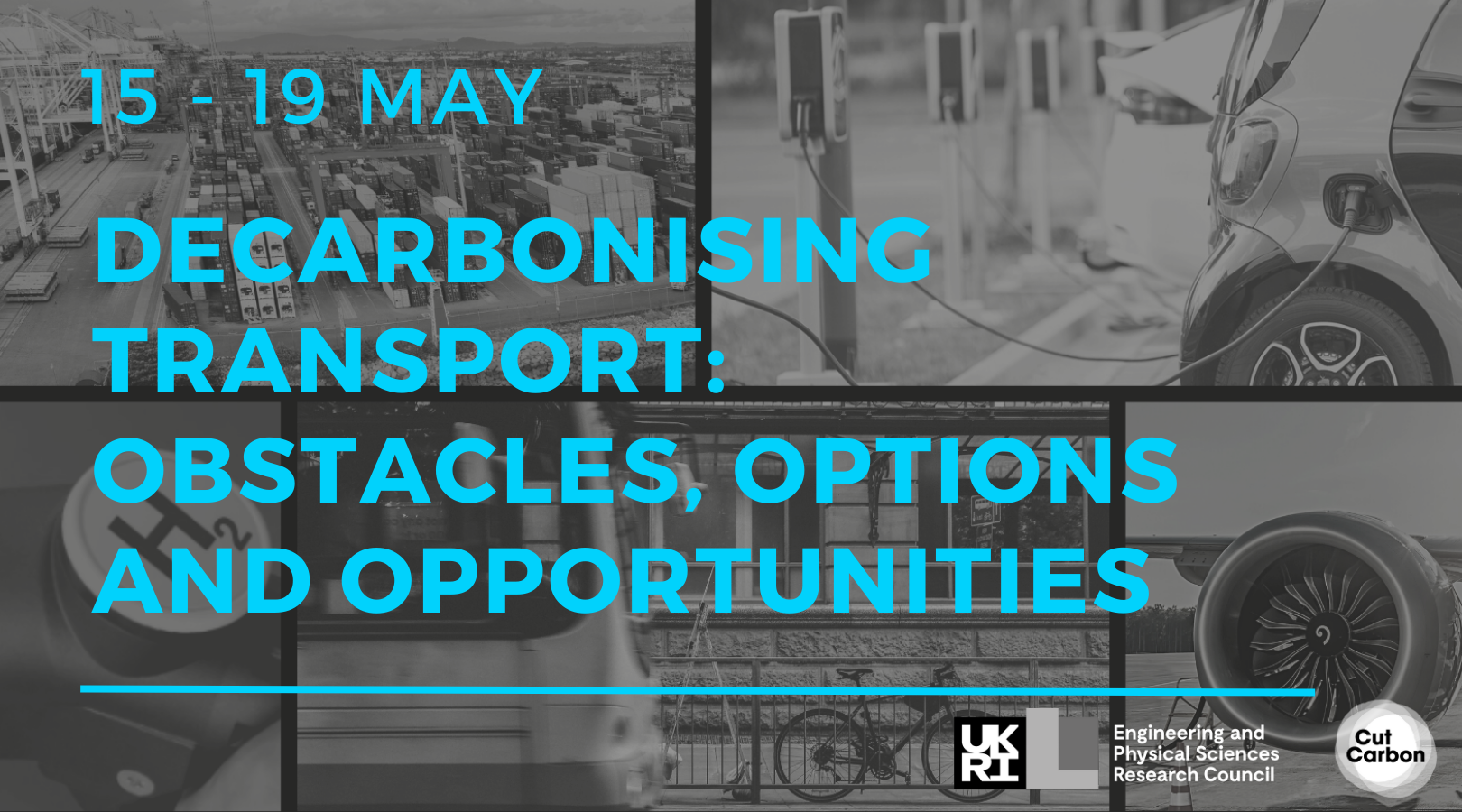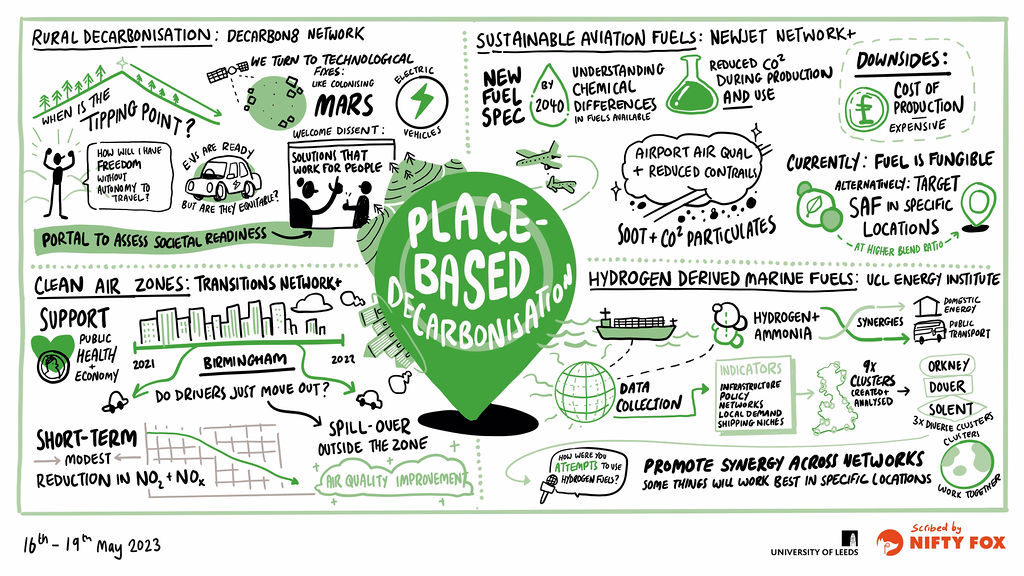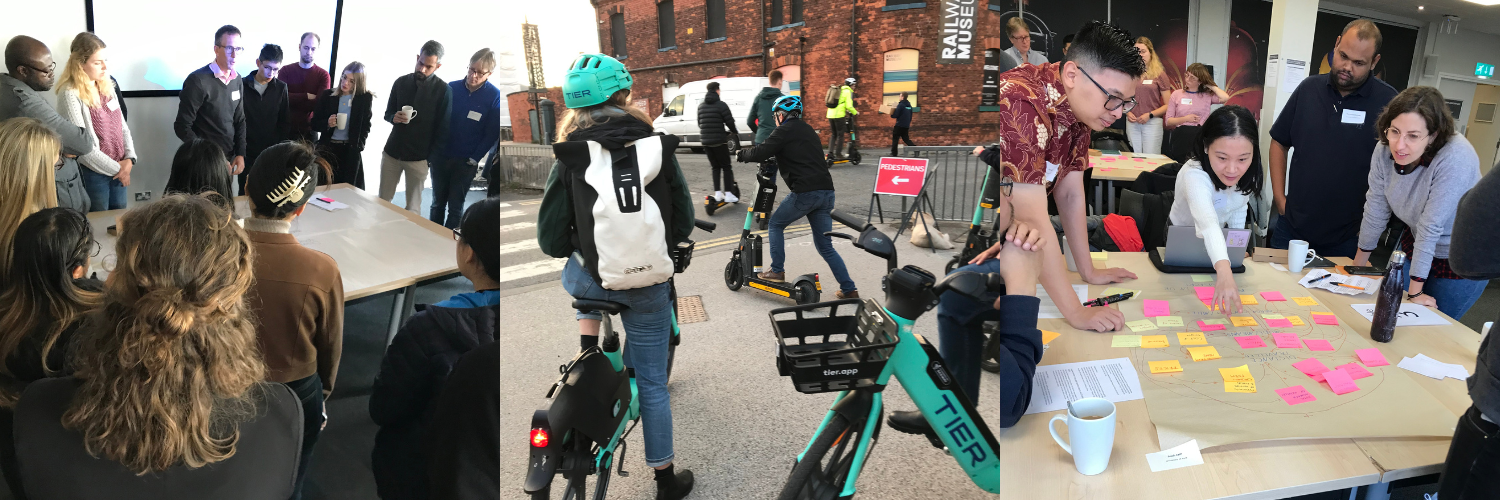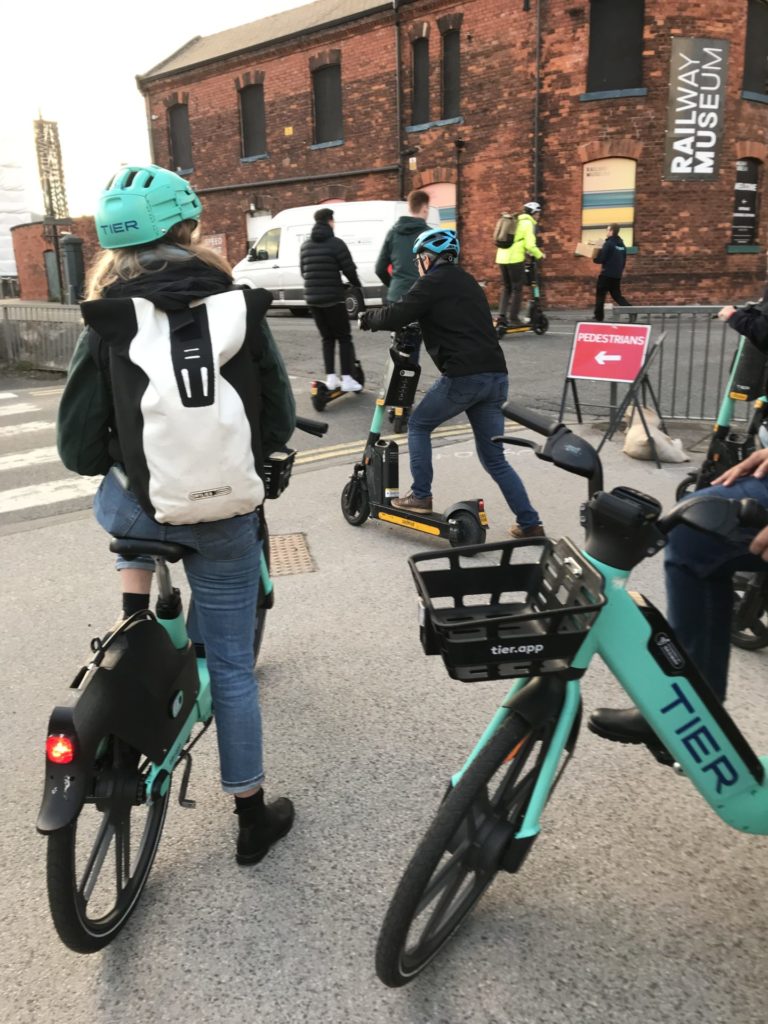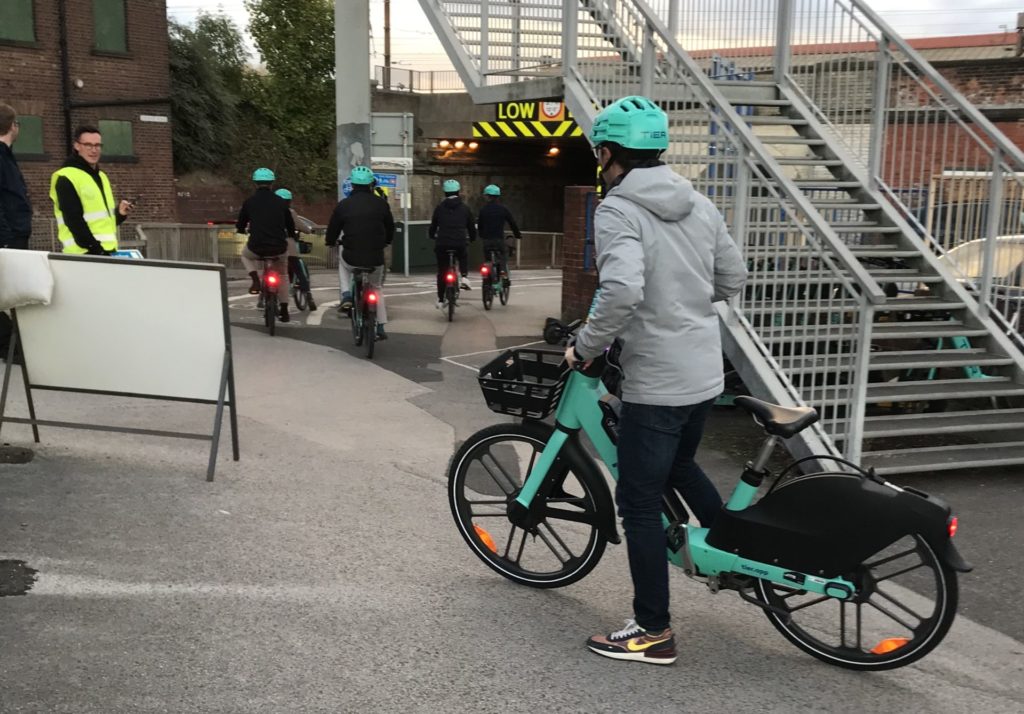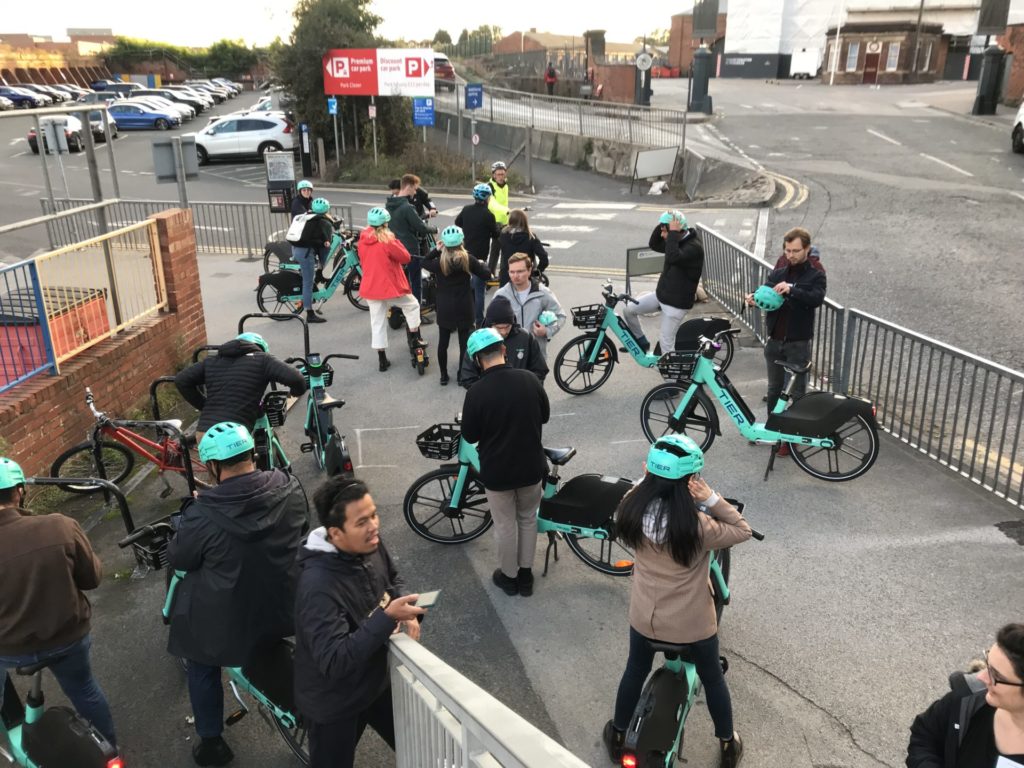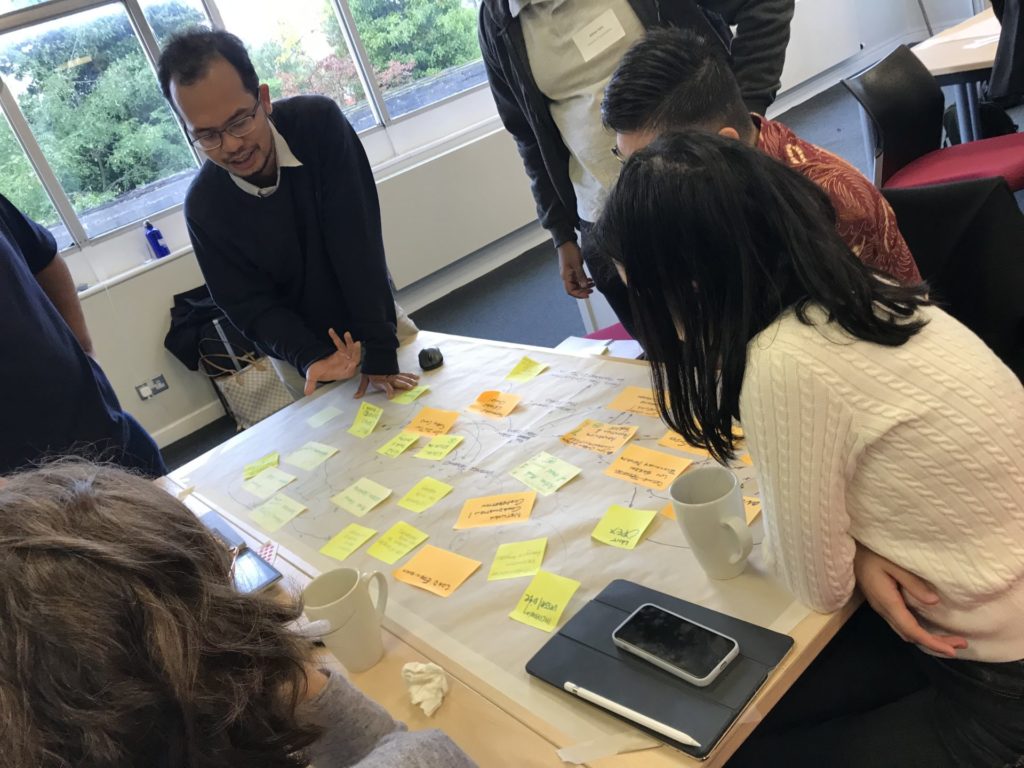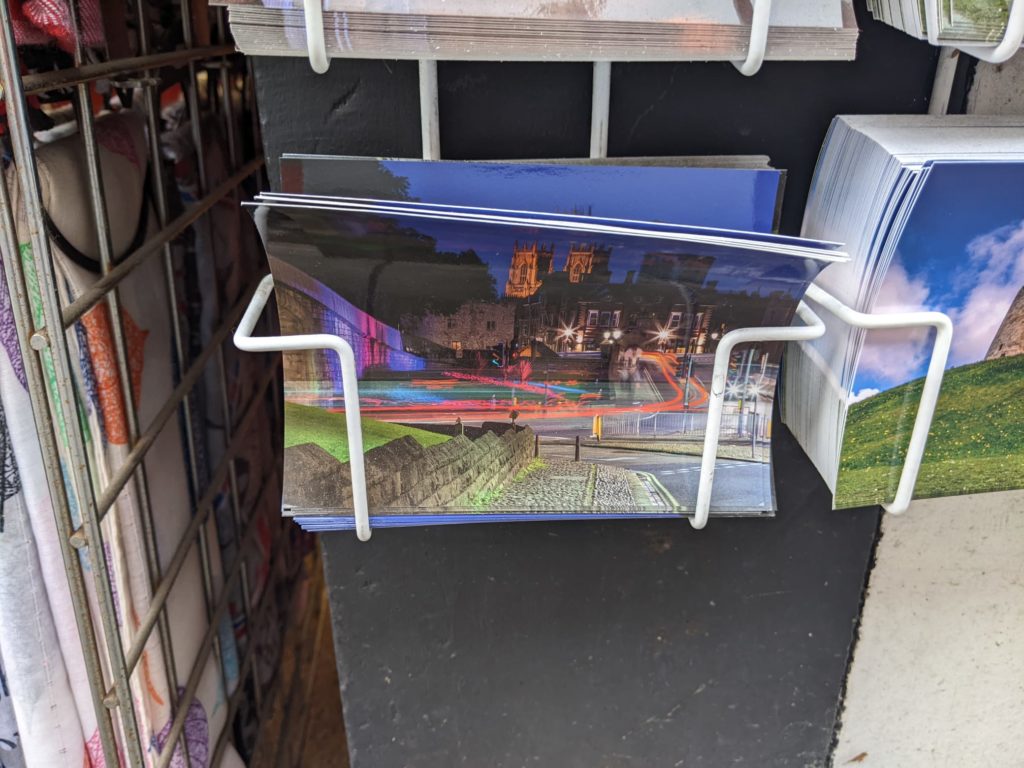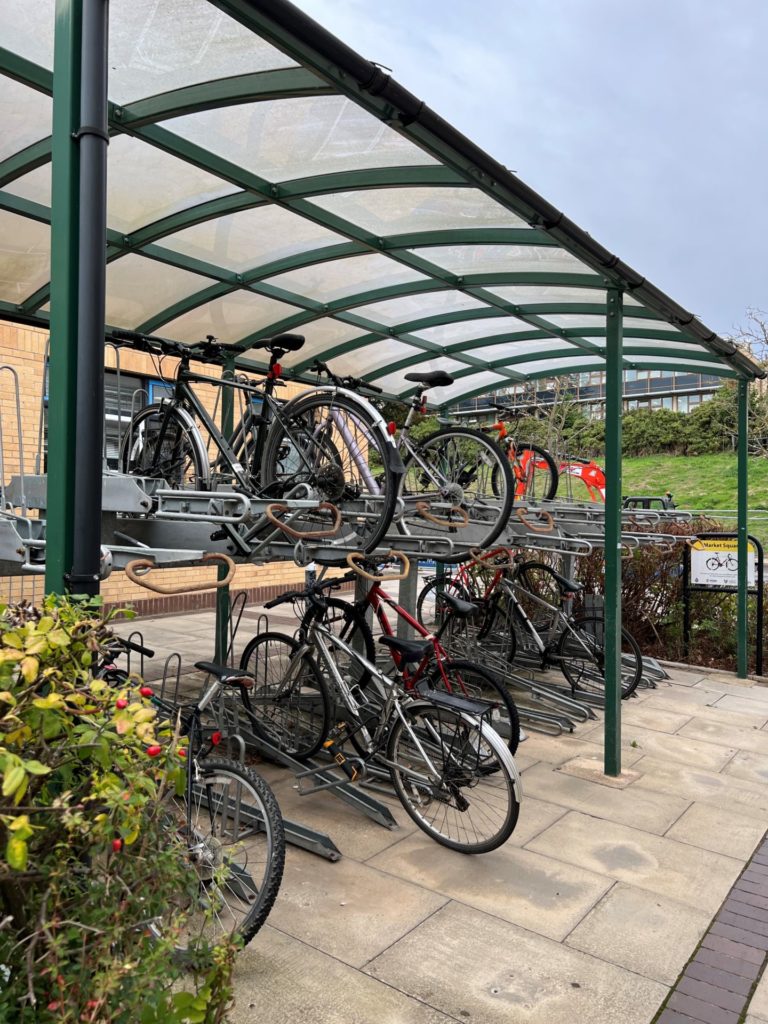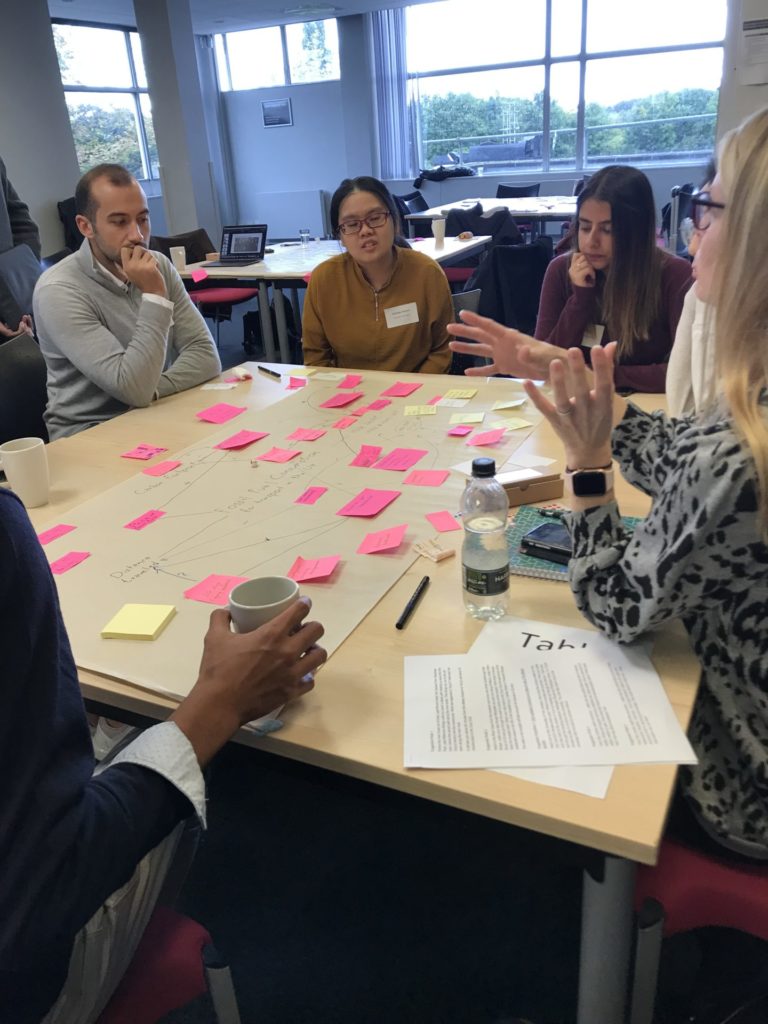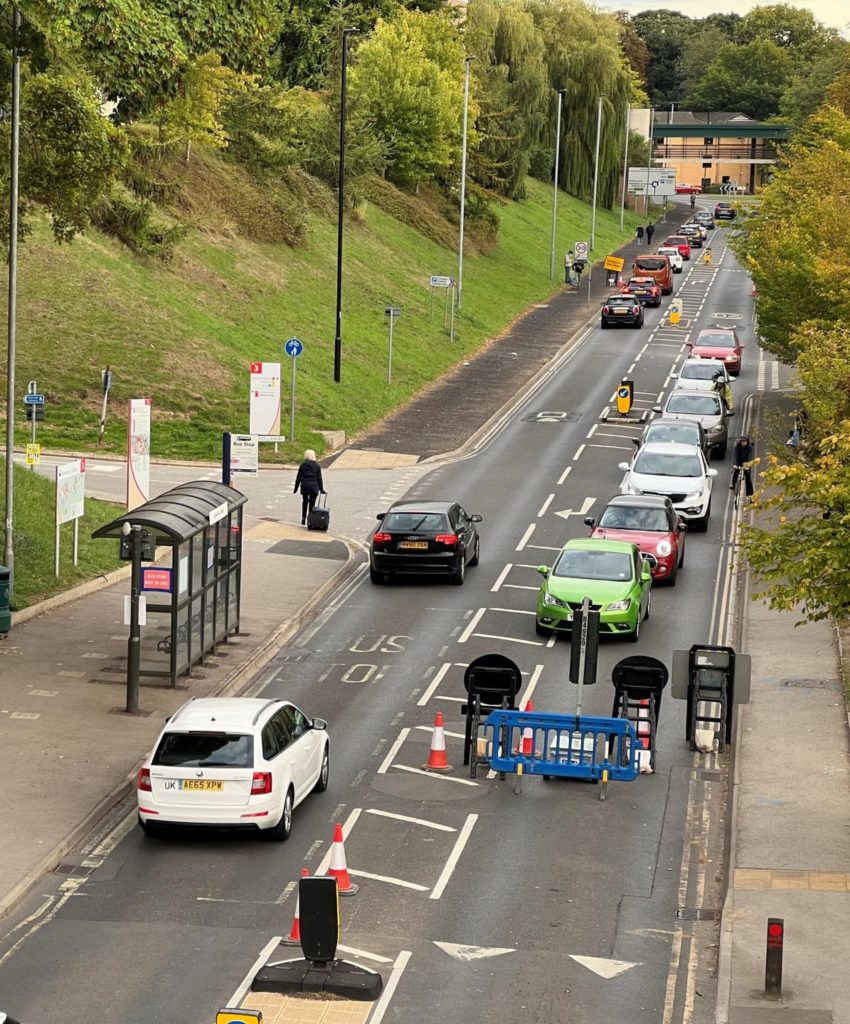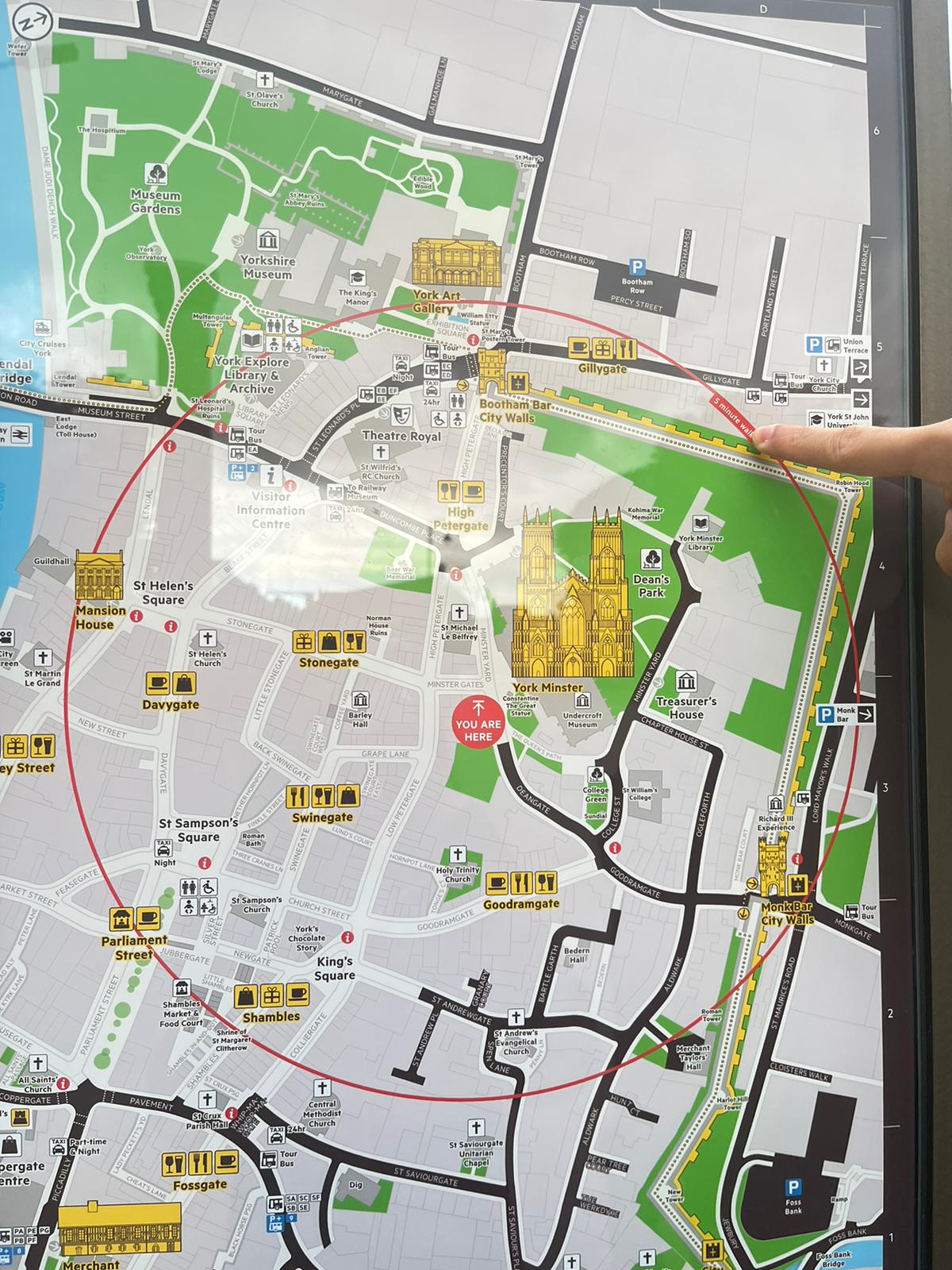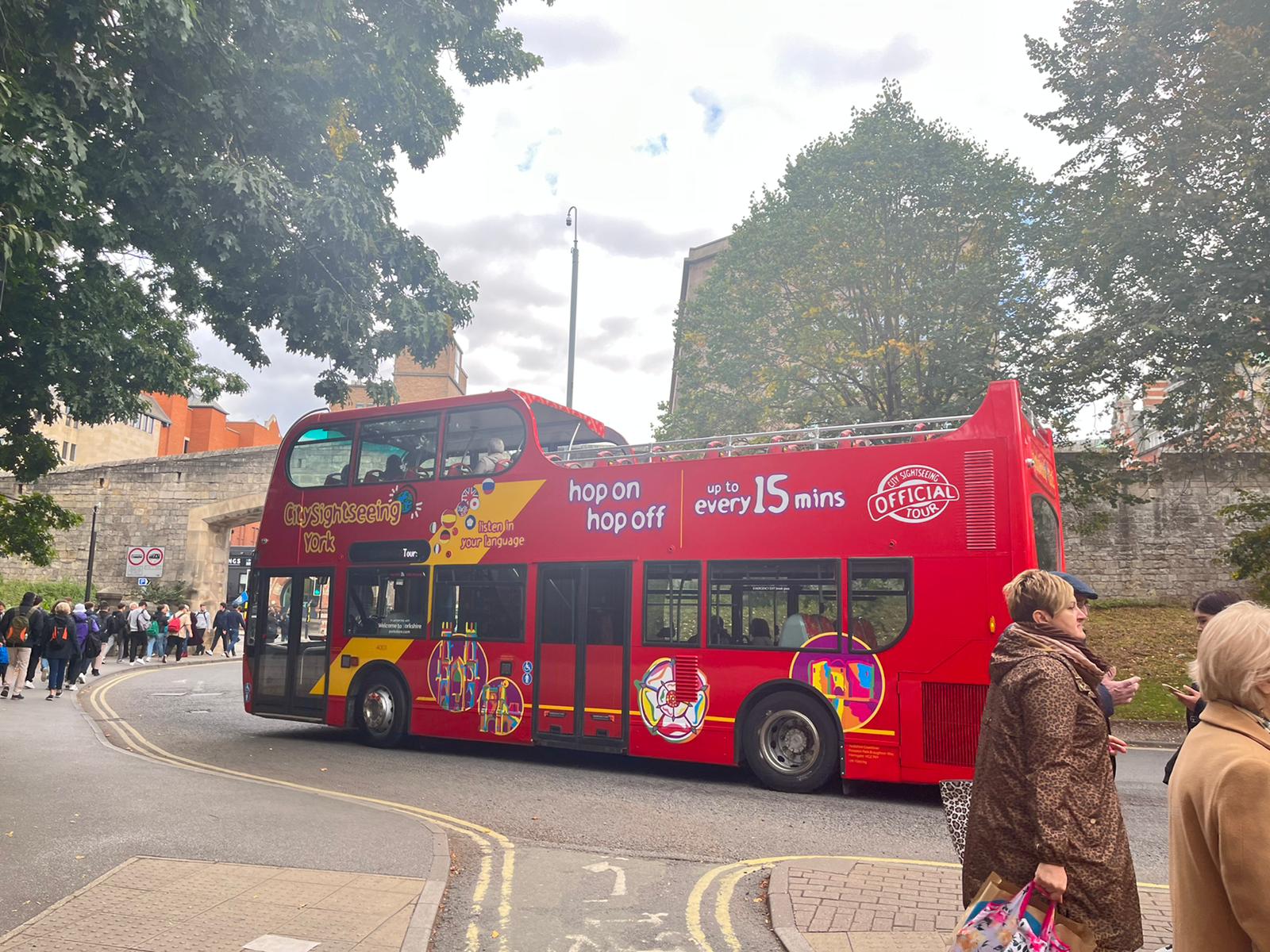Efforts should be directed towards whole freight system analysis capability, co-created roadmaps and ports as decarbonisation hubs to help the freight transport sector’s transition
London – 19.10.2023 – The end of project report released today by the Decarbonising UK Freight Transport (DUKFT) Network, suggest several ways to overcome the chicken-and-egg problems associated with decarbonising road, rail and maritime freight transport. Collectively these sectors represent nearly 7% of UK CO2 emissions and continue to rise fuelled by e-commerce demand and cheap transportation costs.
Operating over three years, the UK Research & Innovation funded DUKFT Network, a collection of over forty academic, policy and industry organisation, undertook six research projects and two stakeholder events exploring how to mobilise investment that can enable UK freight decarbonisation whilst managing risk and maximising opportunity.
The synthesis report released from the Network presents the key findings, transition pathways and the gaps in investment for each of the freight sectors and how the gap can be closed. Electrification is a common need across all freight modes and therefore is a no-regrets low-risk investment from both public and private investors. Renewable Fuels of Non-Biological Origin e.g. hydrogen derived fuels such as methanol and ammonia, may also be important in some niches for road and rail freight, but have the greatest role in decarbonising domestic and international maritime freight.
A whole system approach
Given the above, the report finds that UK freight decarbonisation strategy can be most efficiently informed by a whole freight system, whole UK analysis capability, which needs to couple detail on both infrastructure and vehicle/vessel fleets with operational and technology specifics.
“There remains a clear need for identifying and articulating the least-cost configuration and strategy for UK freight decarbonisation. New Modelling approaches are required to address the challenges of simultaneous wholesale changes across all the transport modes. These models are sophisticated and take time to build but they are the only way of addressing complexity and they offer a low risk, cost effective pathway to reducing uncertainty and accelerating investment.”
Professor Phil Greening, Joint Principal Investigator of DUKFT, Director of Centre for Sustainable Road Freight and Centre for Logistics and Sustainability, Heriot-Watt University
Shared visions
In addition to whole freight system modelling, co-creation processes were a successful tool and will continue to be important for future research on UK freight decarbonisation, not only to maximise the relevance and quality of research, but also for the co-benefits of creating and enabling shared visions within stakeholder communities, framing of the challenge ahead and helping to enable a dialogue between industry and government stakeholders. DUKFT primarily had the resources to explore co-creation at small-scale and regionally, which showed that even within the UK, freight decarbonisation can require place-based specialisation.
“The research has shown that when effort was invested to bring stakeholders from different parts of freight value chains together (industry, academia, NGO and government stakeholders), there was benefit to identify a shared vision and co-create ideas for both public and private actions aligned with unlocking investment in decarbonisation”
Dr Tristan Smith, Principal Investigator of DUKFT, Associate Professor at UCL
Ports play a key role
The report suggests that UK ports can be key nodes in the UK freight sector’s decarbonisation. They are both interfaces between the modes (road, rail and shipping), but also represent locations where infrastructure and decarbonisation solution synergies are most likely exploited. They are also likely to be hubs for wider offtake of electrification and RFNBOs, for example for decarbonising co-located industries. The role of ports in the UK’s transition needs to be considered broadly to help reframe them as centres for green opportunity.
Bringing stakeholders from across the supply chain together i.e. energy suppliers, port owners, vessel/vehicle owners, logistics companies, along with investors and financiers including institutional investors, is crucial in establishing opportunities and creating a platform to mobilise infrastructural investment. DUKFT found that there is a lack of clear demand for zero emission fuels and this needs to change to create a business case.
The critical role of early movers and policy makers
“Early movers can mobilise and de-risk investment in the emergence phase of the transition by establishing alliances and initiatives, ahead of regulations. Alliances between cargo owners which aggregate local/regional demand for zero emission fuelled freight services, thereby creating long-term offtake agreements of future fuel usage between fleet operators and suppliers, can be highly valuable kickstart the diffusion of fuels and technologies”.
Dr Nishatabbas Rehmatulla, Co-investigator and project manager of DUKFT, Principal Research Fellow at UCL
Policy makers have a critical role in setting clear, ambitious targets supported by effective policies, and acting on evidence on electrification, including shore power in ports and charging infrastructure for HGVs. Stakeholders carrying transition risk, e.g. financiers, should use their critical role by ensuring they’re using tools such as the Science Based Target Initiative (SBTi) to ensure their investments are 1.5-aligned i.e. rapidly moving away from dependence on fossil fuels.




